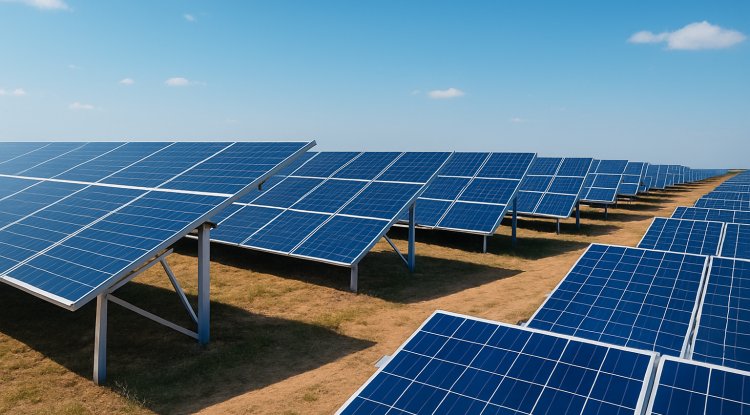Cryosphere Meltdown Threatens Arctic Fjords’ Carbon Role
Study warns Arctic fjords’ ability to capture carbon is weakening due to warming and glacial melt.

A recent study conducted by Jochen Knies from the iC3 Polar Research Hub has caused concern about the future of Arctic fjords with the indication that their potential as natural carbon sinks is being compromised by climate change. With the Arctic warming at an ever increasing rate, places such as Kongsfjorden in Svalbard are experiencing fast-changing environments, both ecologically and chemically, with significant ramifications for the global carbon cycle.
Arctic fjords, which are sometimes described as climate sentinels, have long served to sequester carbon. These glacial valleys, plunged deep into the earth and seawater-filled, trap organic carbon created by sea life, mainly phytoplankton, that subsequently settles to the ocean floor, removing carbon dioxide from the air. Yet the current meltdown of the cryosphere—a byproduct of global warming—seems to be undermining this process.
The research indicates that when sea ice recedes, more sunlight reaches the ocean surface, at first fostering an upsurge in phytoplankton growth. These tiny plants, which are central to the Arctic food chain, live in sunlight and are the foundation of marine life in the Arctic. Not only are they the main diet of most marine animals, but they also have a crucial role in the carbon cycle of the ocean.
Jochen Knies points out that while the initial reaction to melting ice is a burst of biological activity, its long-term effects are much more complicated. Warm water causes increased stratification—layering by temperature and salinity—limiting the vertical migration of vital nutrients from lower layers. Consequently, even with increased phytoplankton biomass, their capacity for efficient drawdown and sequestration of carbon might be reduced over time.
Changes within phytoplankton communities, the researchers saw, are already occurring. With temperature changes and shifts in available nutrients, such changes indicate the biological makeup of the fjords is changing in ways that promise to decrease efficiency in carbon sequestration. This two-bladed sword type of phenomenon is a particularly formidable challenge for the stability of Arctic ecosystems.
To this alarm is added the influence of glacial meltwater. Historically, this freshwater input, dense with minerals and nutrients, has enhanced fjord ecosystems' productivity. Yet, as the glaciers recede and vanish, the reliability and continuity of this nutrient supply are compromised. The disruption of glacial input may destabilize the nutrient balances that these vulnerable marine ecosystems rely on, with the potential to affect the entire food chain.
Knies and his colleagues point out that these results are not merely about regional change in the Arctic but have wider implications for global climate control. Arctic fjords have been quiet partners in slowing the impacts of carbon emissions, and their declining ability to do so marks a disconcerting trend. The fine balance of development and sustainability in the region depends on how resilient these ecosystems are in the face of rapidly shifting conditions.
The research describes the Arctic as a climate-change barometer, one that not only shows us the physical impacts of a warmer world but also the ripple effects from the ecological process. The apparent retreat of the glaciers and the subtle yet significant shifts in tiny life forms are entwined messages of a stressed system.
With temperatures rising worldwide, the future of Arctic fjords is a reminder of Earth's interrelated climate systems. Knies cautions that the future of these environments is following the overall environmental directions of the planet. The cryosphere melting is no faraway phenomenon but is a significant issue for humanity's common climate destiny.
The scientists urge immediate attention to these results, underscoring the critical need for sustained monitoring and adaptive management. Saving the Arctic's carbon sinks is no longer a matter of environmental concern—it is an international imperative in the battle against climate change.
What's Your Reaction?

















